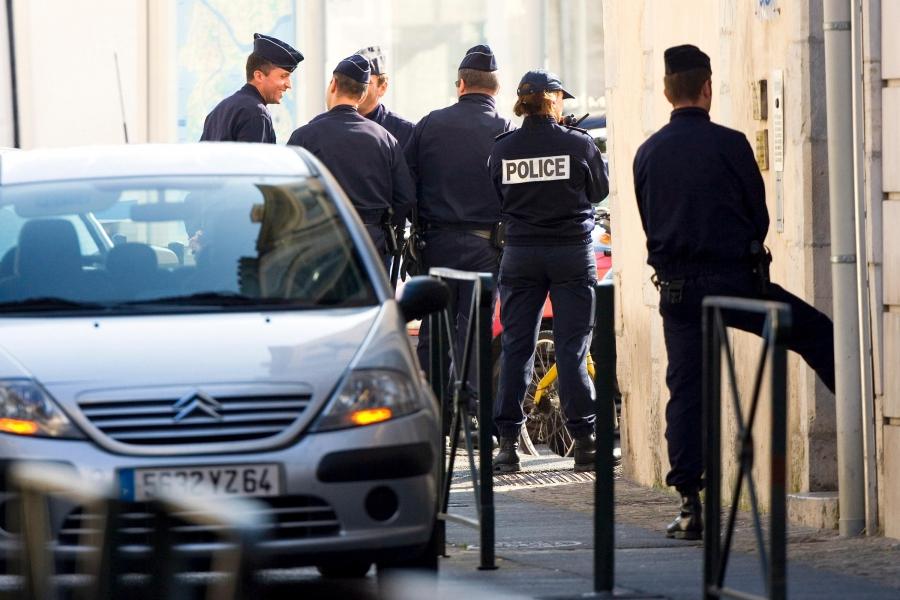Le verlan (pronounced ver-lan) is a form of French argot (slang). Verlan first became used in the poor communities around Paris following the 2nd World War. Since then, it’s popularity rose due to its presence in the music and film culture. Nowadays French youth and various genres of music utilize verlan, enhancing musical style and depicting certain cultural/social backgrounds. This article will discuss how verlan is created and provide examples to it’s modern day usage.
Creation and Usage of Verlan
Verlan is created by the inversion of syllables within a word. It’s funny because the word verlan is actually an example of this process, being the inversion of the French word for “reverse”, l’envers (pronounced lan-ver).
Being an oral language, the spelling of verlan depends upon the pronunciation, not the direct inversion of letters. There are four distinct steps to creating a word in verlan:
• The addition or suppression of the final vowel
• Cutting parts of the word
• The inversion of syllables (the only step found in every verlanized word)
• The deletion or elision of several syllables of long words before or after the inversion
For example, the standard word fond would be translated to donf. (Some of the examples were provided by the RedditFrench Community!)
beur = arabe,
meuf = femme,
keum = mec (homme),
keuf = flic,
ouf = fou,
chammé = méchant
relou = lourd
vegra = grave
gen-ar = argent,
teubé = bête,
garo = cigarette,
ripou = pourri,
renoi = noir,
zar-bi (zarb’) = bizarre…
zyva = vas-y,
the list goes on…
Words nowadays are also becoming doubly “verlanized” because the previous words have become too “mainstream”. So, the word beur which is a verlan word understood by many French people is now sometimes indicated by the word rebeu to once again re-encrypt the word. Another example is feuk which derives from the verlan word keuf which means flic (original slang word for police). Verlan also comes from foreign words and then are verlanized.
“J’écoute la dio-ra ils jouent la banane sur banane” – Booba
Verlan is used in music, primarily French rap and hip-hop because it allows for easier rhyming and adds a bit of style to the song. Verlan should not be confused with arabic words which are also present in French music (kiffer, halla, ahki, etc).
Significance
So why should you care if verlan exists? Well, if your extent of French language usage is simply a classroom setting or ordering food at a French restaurant, then you shouldn’t care about verlan. Those who should care are the people who get real-world experiences with French people in France, more specifically the young ados of France. Verlan is sometimes caught in the daily newspaper comics, it’s heard on television, it’s heard in French songs. Verlan is the cryptic language of the street, it’s a language used to speak while avoiding authority figures, parents, and those you are talking about… it’s no surprise that words about race, drugs (oinj = joint) or sex (chatte = teuch’) are verlanized to have a more “private” conversations amongst one another.
The main overall point is that you’re learning French to understand French people. Well, the French are throwing French language learners a curveball and it’s up to you to decipher verlan or remain confused about a certain sub-population of it’s users. How? Listen to music, google words and simply ask French people what certain words mean when you don’t quite understand them. Good luck detectives.
To return to our French Language Learning section, click HERE.




This article is great if you want to learn the basics of verlan and to understand what verlan is. I have did a relatively detailed study of the use of verlan and it’s development, and have recently updated it and published it to http://egblanguages.blogspot.co.uk/p/verlan so please take a look at my (updated) work.
John, having spent some more time looking around this site, there is so much great stuff here, so thank you!
Cannot find the article. Too long ago, maybe.
This comment has been removed by a blog administrator.
This comment has been removed by the author.
Salut Liam,
I typically don’t publish comments which make reference to another website. However I checked your site out and it’s completely relevant to this article, so I appreciate your comment.
Hope to see you stop by in the future :D
Hi I really like your site and your positivity.
I don’t know if you’ve already written about it, but two things learners might find helpful to know are:
– the French use tons of abbreviations like, le fac, comme d’hab, perso, Someone wrote about it with lots of examples http://www.wuj.pl/UserFiles/File/Romanica%20Cracoviensia%202009/14-RC-9-Piechnik2.pdf
-the other thing is that they use a lot of slang vocab that is not taught in formal settings, like frangine, fringue, barge, and much, much more
Bonjour!
Your comment is spot on, French does use a bunch for abbreviations and the link you provided was useful. The thing is this article is SPECIFICALLY on le verlan, I did not incorporate other slang. Maybe I should create an article to cover all the other stuff.
I’m glad you like my site, je vous souhaite une bonne journée!